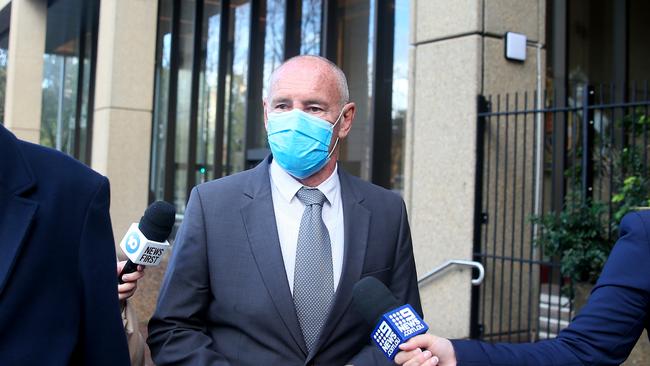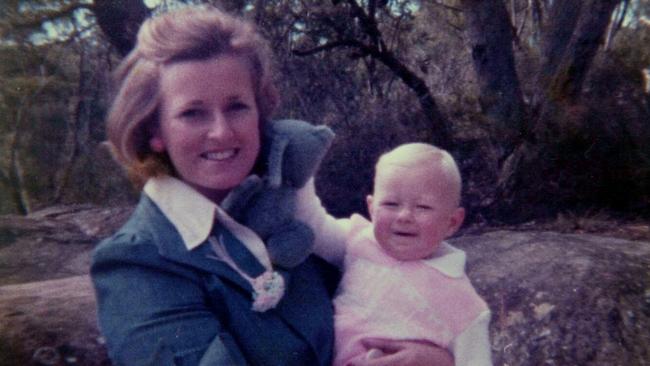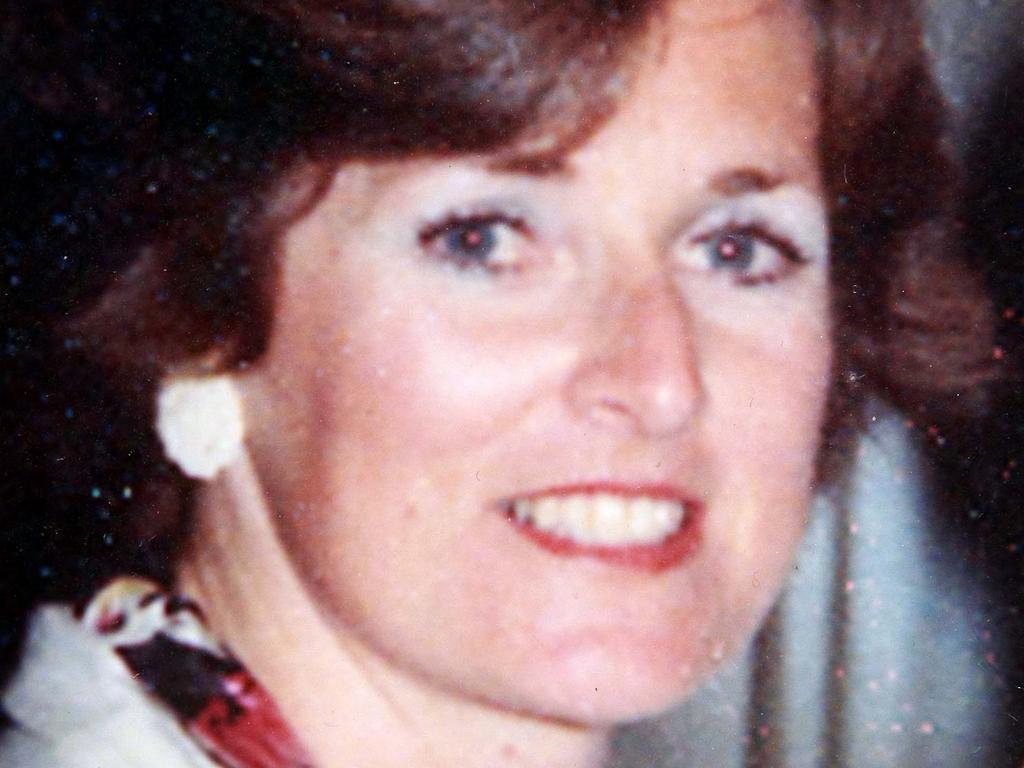Verdict ready in Chris Dawson murder trial
Chris Dawson is to learn his fate, with a judge naming a date to deliver his verdict after deliberating for just over five weeks.

A judge will this month answer whether Chris Dawson is guilty of murdering his missing wife, Lynette, setting a date for his verdict after deliberating for more than five weeks.
NSW Supreme Court judge Ian Harrison will convict or acquit the former high school physical education teacher on Tuesday, August 30, parties involved in the case were informed on Thursday.
Justice Harrison had said he expected to come back “relatively quickly” with his decision, and ultimately completed his task sooner than predicted by many legal experts, who thought he could be some months.
If convicted, Mr Dawson – who turned 74 while the judge was deliberating – would be expected to immediately have his bail revoked.
There is a maximum sentence of life for murder in NSW, but no minimum, and he will have the right to appeal.
If acquitted, he is still facing a separate charge of carnal knowledge of a student under the age of 17, due to go to trial next year.
In jury trials, deliberations are private and verdicts are typically reached in hours or days.
Judges presiding without juries, as is the case in the Dawson trial partly because of pre-trial publicity, take longer as they are required to deliver comprehensive judgments explaining their reasoning.
Criminal defence lawyer Karen Espiner said Justice Harrison could take “the best part of a day” to read his judgment aloud in court, and may not give his verdict until the end.
“For each of the formal objections, His Honour will provide a judgment dealing with that particular piece of evidence, so that it’s clear whether certain evidence was admitted,” Ms Espiner told The Teacher’s Trial podcast.
“Each of those judgments will also ultimately be published.”
When the trial ended on July 11 after stretching into its 10th week, it was unlikely the judge knew what his verdict would be, Ms Espiner said.
“It’s at the end of the trial when they’ve heard all of the evidence that they really understand the whole picture,” she said.
“And it’s only at the end of the trial that the jury, and in this case a judge, gets the directions about how the law applies to the evidence that they’ve heard.
“So he may have some views about particular parts of the evidence but it’s probably unlikely that he will have formed a concluded view.”

Lyn, a devoted mother of two young girls, vanished from Sydney’s northern beaches 40 years ago.
Her disappearance attracted global attention through The Teacher’s Pet, The Australian’s 2018 investigative podcast series that drew out new witnesses in the unsolved case.
At the time his wife went missing, Mr Dawson was in a relationship with a teenage girl, known as “JC”, who accused him at the murder trial of “grooming” her when she was one of his students.
Now in her 50s, JC had a troubled home life and accepted Mr Dawson’s invitation to move into the house he shared with Lyn at Gilwinga Drive in Bayview.
JC said she was having sex with Mr Dawson in a spare room while Lyn slept, before being forced out of the home after Lyn confronted her about “taking liberties” with her husband.
Mr Dawson is accused of murdering Lyn – alone or with assistance – so he could be with JC and because he had a deep animosity to his wife and wanted to avoid a costly divorce.
His defence team says Lyn abandoned her family, and that reported sightings of her after she went missing cannot be dismissed.







